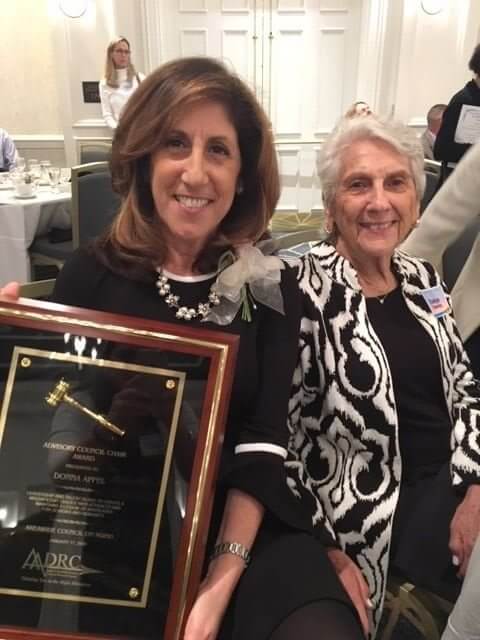Veterans Home Care Assistance Program
Gathering together with friends and family is one of the most joyful parts of the holiday season. This is your opportunity to get together with the people who you care the most about and may not have the opportunity to see as often throughout the year as you would like to, and to enjoy celebrating and following traditions in meaningful and memorable ways. If your senior veteran is facing hearing challenges, however, these gatherings can be stressful and even depressing.
Dealing with hearing challenges can make it difficult for your veteran to follow the conversations that everyone is enjoying, and can even make him or her feel like they are missing out or are not relevant in the celebrations because they are unable to be engaged as easily and effectively as others. Helping them to handle these challenges and making modifications to the gathering themselves can make help your loved ones better enjoy the experience.
Use these tips to make gatherings easier for senior veterans with hearing challenges during the holiday season and throughout the rest of the year:
• Streamline the activities. You might love the festive feeling that Christmas music playing in the background can give to your dinner, but this can make it extremely difficult for your seniors to understand the people who are talking around them. When there will be one large or several small conversations going, turn off music or movies so that your seniors have a better chance of hearing.
• Wear their devices. If your elderly loved ones have hearing aids, make sure that they are wearing them and that they are tuned properly to help them with their listening. If your seniors complain that their devices are uncomfortable or are not working properly, get them in touch with their doctor so that they can make modifications as necessary.
• Use perceptive listening. Many people with hearing challenges immediately rely on asking for clarification or repetition as soon as they miss a word or are having difficulty hearing something. Encourage your senior veteran to not immediately do this, but to use perception to try to work out what the person said. This does not mean take wild guesses, but to use context clues and the bits of the conversation that they did hear and understand to follow along. This also allows them to ask more specific questions to help guide the conversation.
• Maintain a quiet area. Make sure that there is an area set aside where your parents can go that is quiet so that if they get overwhelmed or they want to have a one-on-one conversation, they can go to this area and take a break. If you are gathering somewhere public such as in a restaurant, do your best to make sure that you are seated somewhere that is more conducive to conversations, such as away from the kitchen and bussing area.
For more information and to learn about veterans home care assistance programs, contact Veteran’s Home Care at (888) 314-6075.
















